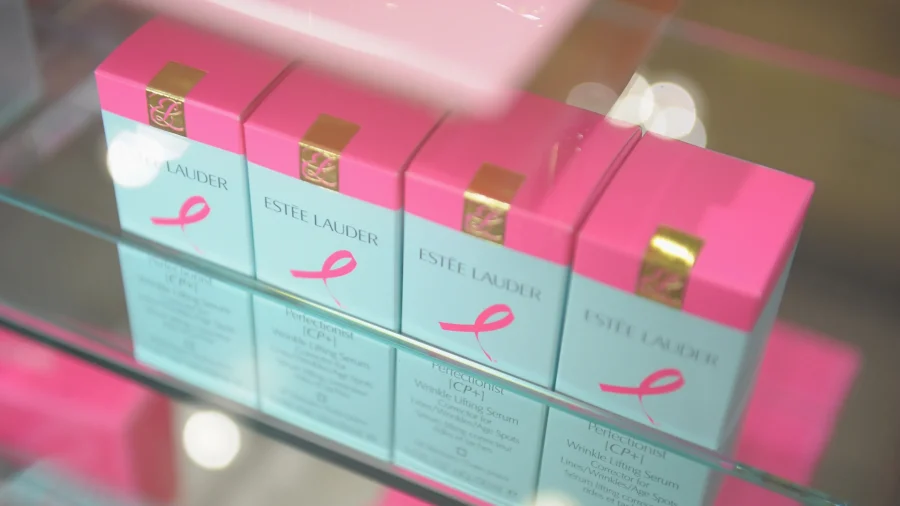High levels of cancer-causing chemical benzene were detected in some acne treatments from brands including Estee Lauder’s Clinique, Target’s Up & Up, and Reckitt Benckiser-owned Clearasil, said independent U.S. laboratory Valisure.
Valisure has also filed a petition with the U.S. Food and Drug Administration, calling on the regulator to recall the products, conduct an investigation, and revise industry guidance, the New Haven, Connecticut-based lab said on Wednesday.
Estee Lauder shares fell 2 percent. Benzene was also detected in Proactiv, PanOxyl, Walgreens’ acne soap bar, and Walmart’s Equate Beauty acne cream among others, according to Valisure.
Benzene could form at “unacceptably high levels” in both prescription and over-the-counter benzoyl peroxide acne treatment products, Valisure said.
Reckitt said in a statement the findings “reflect unrealistic scenarios rather than real-world conditions,” adding all Clearasil products were safe “when used and stored as directed on their labels.”
Estee Lauder said Clinique uses benzoyl peroxide in one product, which “is safe for use as intended.”
Target and Walmart did not respond to Reuters’ requests for comment. The FDA has not yet responded to Valisure’s petition.
The carcinogen has already been found in several consumer products, including sunscreens, hand sanitizers, and dry shampoo, leading to recalls of products made by companies including Procter & Gamble and Johnson & Johnson.
But the detection of benzene in the acne treatment products was “substantially different” from the other cases, Valisure said.
“The benzene we found in sunscreens and other consumer products were impurities that came from contaminated ingredients; however, the benzene in benzoyl peroxide products is coming from the benzoyl peroxide itself,” said Valisure Co-Founder and President David Light.
Valisure’s tests showed some products could form more than 800 times the conditionally restricted FDA concentration limit for benzene.


